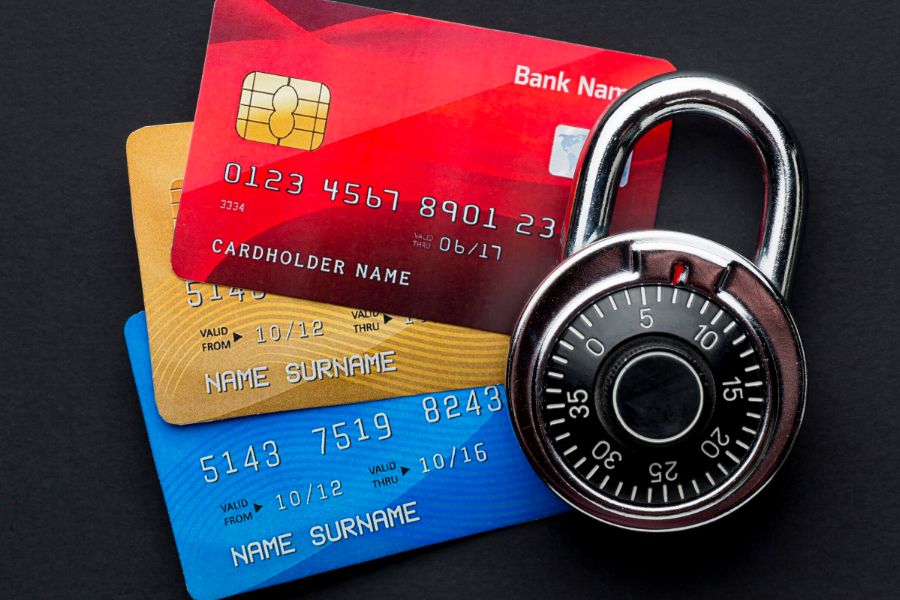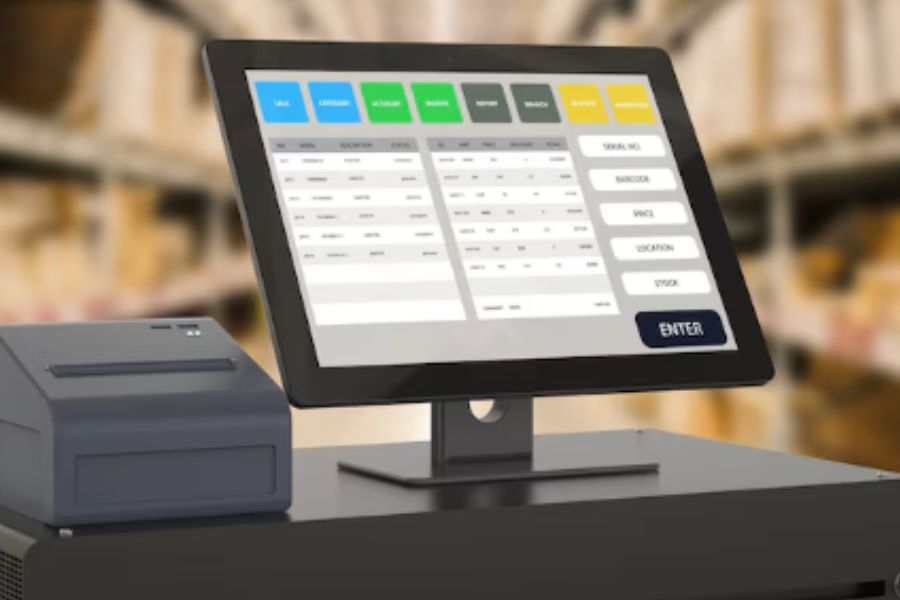When you own a business, your top priority is to please your customers and make sales. With evolving technology and digital payments, most things have become cashless and contactless. Online payment security plays a significant role in running a business successfully. That’s why PCI compliance is used to ensure the safety of online payment methods.
What is PCI compliance?
Payment Card Industry Data Security Standards (PCI DSS) compliance, or referred to as PCI compliance is a set of standard guidelines for the companies to manage and secure credit card information in a secure environment to protect both the customer and the merchant.
PCI compliance was established by the Payment Card Industry Security Standards Council (PCI SSC) which was formed in 2006 by top credit card companies in the world including Visa, Mastercard, Discover, JCB International and American Express with an effort to protect credit card data from theft and fraud.
Why PCI compliance is necessary
Companies that follow and achieve PCI DSS are considered to be PCI compliant. Companies being PCI compliant reduce data breaches and prevent hacks by protecting cardholders’ data, avoiding fine and improving brand reputation.
Credit card fraud is challenging to deal with. If businesses neglect this situation, it would lead to a massive blow on the revenue and company reputation, as customers lose trust due to vulnerable security breaches. According to the 2018 Verizon Payment Security Report, only 52% of all the companies were 100% compliant.
The levels and requirements for PCI compliance
If your company uses any credit cards from the affiliate providers in the PCI SCC then you need to be PCI compliant. PCI Compliance comes in 4 levels with 12 requirements under 6 overarching categories.
Let’s form a PCI compliance checklist by reviewing their requirement categories.
Build and maintain a secure network and systems
This outlines the security network and its mechanisms.
- Maintain and install firewall configuration to protect cardholder data
- Change default passwords and security settings on all devices.
Protect cardholder data
This is concerned with data security elements regardless of their methods
- Protect stored cardholder data.
- Encrypt cardholder data while transmitting over open, public networks.
Maintain a vulnerability management program
It’s covered application security which includes antivirus software and security filters.
- Regularly use and update anti-virus software and programs.
- Develop and maintain secure systems and applications.
Implement strong access control measures
It is concerning how to authenticate the user and permit certain resources within the environment. It prevents unauthorised physical access by requiring locks, cameras, etc
- Restrict access to cardholder data on business requirements.
- Assign an inimitable ID to each individual with computer access.
- Restrict physical access to cardholder data.
Regular monitor and test networks
This concerned with implementing new security mechanisms, and keeping up with threat management for malware and viruses.
- Track and monitor system to network resources and cardholder data
- Regularly test security systems and processes.
Maintain an information security policy
This includes training programs and education to ensure proper practices.
- Maintain a policy and enforce security for every individual
To pass and be PCI compliant, your company needs to comply with 100% of the requirements and submit them to the acquirer.
Top 4 PCI Compliance Payments Gateways
PCI-compliant payment gateways securely transfer money from customers’ accounts to your payment portal. They secure transactions by encrypting data and allow businesses to collect online payments.
PayPal
It is a well-known and trusted payment platform. It offers a Payflow payment gateway to process payments.
Stripe
It offers its payment gateway which is called Stripe Connect. It accepts a large number of other payment methods including Apple Pay, Google Pay etc.
Authorize.net
It is a payment gateway established in 1996, it is not a merchant account provider; it’s purely a payment gateway.
Braintree
It is a payment gateway that specialises in the e-commerce industry. It is both a merchant account and payment gateway provider.
At ConnectPOS, we have integrated with multiple PCI complied payment gateways such as PayPal, Authorize.net or Stripe. You can take a closer look here.
In conclusion,
When you have a seamless checkout experience, you are likely to gain more customers for your growing business. To maintain the reputation of your business it’s essential to have PCI Compliance to secure and safeguard your customers’ data. Follow us for more in-depth knowledge about eCommerce and omnichannel retail businesses.



